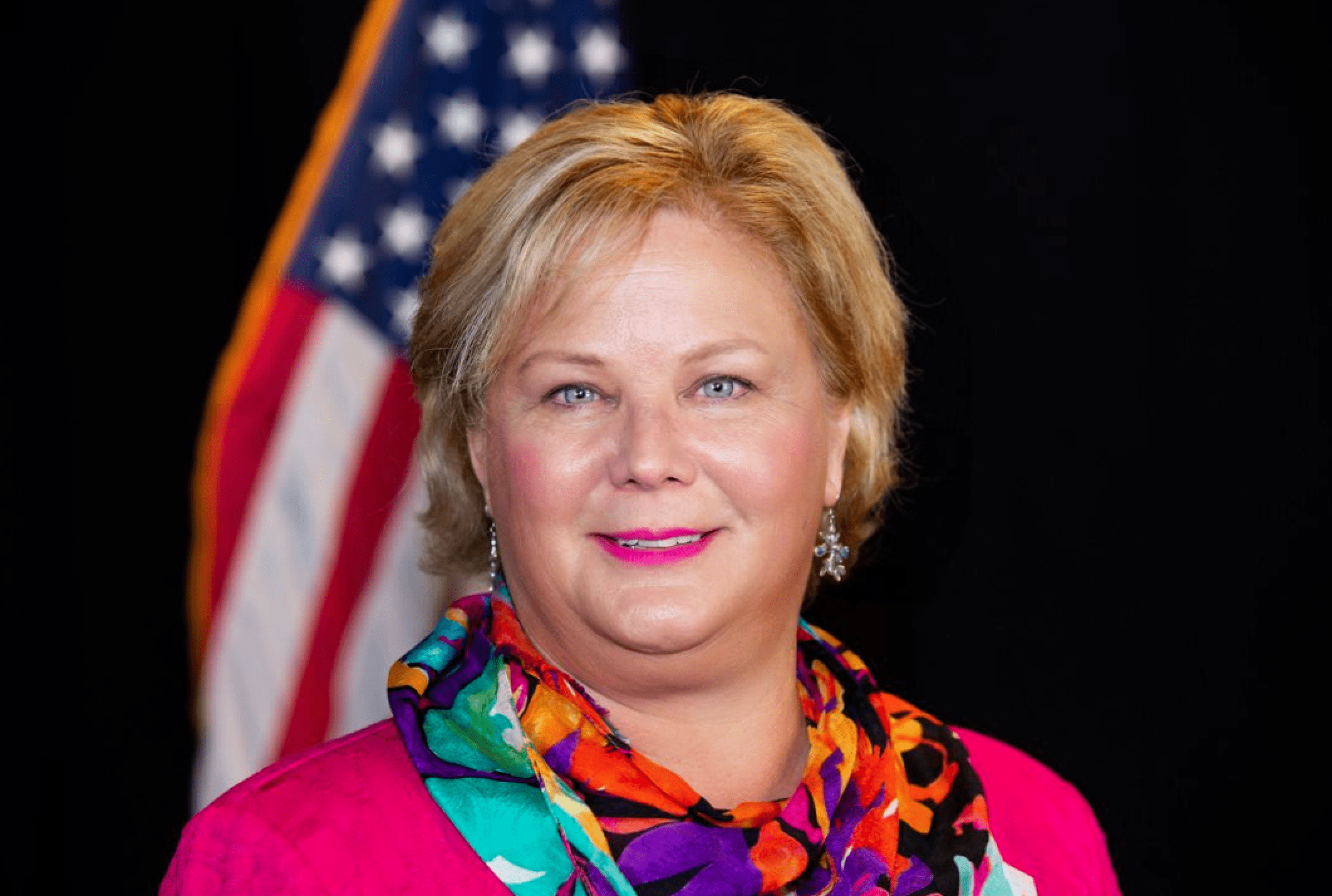
Who Cares?
The Public Health Emergency Medicaid state by state unwinding is exposing how broken our care system is. The burden rests on family caregivers to provide for lost Medicaid services. Horror stories fill the internet missing paperwork, undelivered mail notifying that coverage was at risk, and many bureaucratic issues found in state information systems. In addition, the aging of the world’s population is accelerating. In fact, the projected doubling of the population over age 65 by the year 2050, highlights the urgent need to provide adequate resources, financial assistance, and comprehensive support systems.
Who are the Twenty-First Century Caregivers?
Family caregivers are a diverse group. They encompass individuals from various backgrounds and professions such as neighbors, retail associates, government workers, and loved ones. The number of Americans providing unpaid care to their loved ones is impressive. Today, 53 million individuals provide an average of 4 1/2 years of care in 2021. According to new data from A Place for Mom, the number of people providing care for 5 years or longer has increased from 24% in 2015 to 28% in 2020.
Skyrocketing Caregiving Costs
Today’s rising inflation rate presents significant financial hardships for caregivers. The rising costs forces many to take on debt, deplete their savings, leave bills unpaid, or borrow money from friends and family. Nearly fifty percent of family caregivers report significant financial strain. It is a catch 22 for many families, do you hire paid services to assist with care and work an extra job or remain at home. Unfortunately, there are no easy answers to this dilemma especially under current economic conditions.
Unpaid Care
According to an AARP 2023 report estimates the unpaid contributions of family caregivers increased by $130 billion since year 2019. In the year 2021, unpaid care was valued at $600 billion. This new jaw dropping bottom line is calculated at $16.59 per hour for 38 million caregivers providing 18 hours of care per week.

Biden Administration Recognizes Unpaid Caregivers
Life-extending technologies are amazing however these advancements mean more of us living longer with more chronic health conditions as we age. Consequently, family caregivers shoulder more complex healthcare tasks without formal training or education to fuller understand the risks and benefits. Family caregivers play an invaluable role in our healthcare system and society, providing unpaid care to their loved ones.
As skilled labor supply remains constrained and the costs of paid care continue to rise, family caregivers are assuming an increasingly important role. Recently, President Biden hosted a White House Care Summit to outline how the federal government will address this crisis.
Caregiving Tax Credit
The federal government can establish or enhance financial assistance programs specifically designed for family caregivers. These programs may include caregiver tax credits, stipends, or allowances to alleviate the financial strain caregivers experience. Pass the credit for caring act, now!
Workplace Legislation
Financial assistance and workplace support employee assistance programs can provide financial assistance, such as a caregiver allowance, to alleviate the financial burdens faced by family caregivers. This means, workplace support in the form of flexible schedules, paid leave, and assisting with local service resources help to maintain employment and financial stability.
Affordable, Comprehensive Long-Term Service and Support
Ensuring affordable and accessible healthcare services for both caregivers and care recipients is crucial. Respite care programs provide temporary relief for caregivers, enabling them to take breaks and prioritize their own well-being. In fact, the federal government must play a significant role through the Health and Human Service Administration many agencies and departments to expand access.
Who Cares?
The President and well-intended government agencies are committing to support caregivers. However, we have no actions coming from the legislative branch or the healthcare industry at large. I continue to wonder if they really do care.



